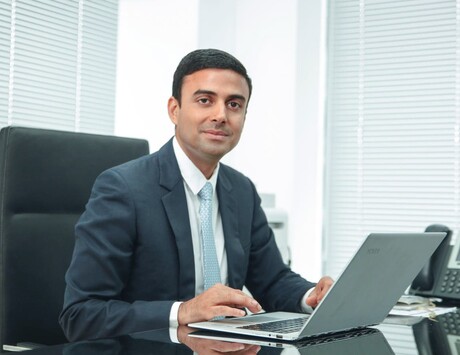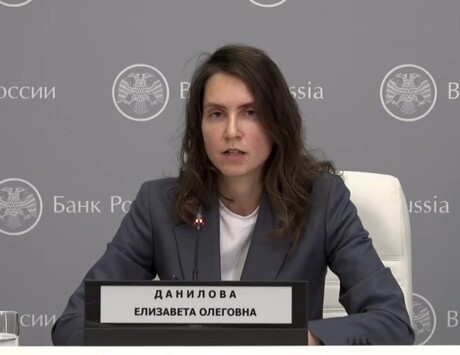In his call for the establishment of an international anti-corruption agency during last week’s Economic Crime Conference in Cambridge, UK (We must create a global force to fight corruption), Alexander Lebedev put forward some convincing arguments about how putting a stop to corruption will have huge benefits for the economy and society. He’s right -- getting governments to work together to enforce the law more rigorously is a critical part of achieving that.
However enforcement is not the only thing that needs to happen for corruption to be brought under control. There needs to be a more fundamental change in how business and government operate.
In fact, there’s already quite a lot of coordination between governments in enforcement. The UN Convention Against Corruption, which most countries of the world have signed, is ingrained into each signatory’s domestic legislation. International organizations like the Financial Action Task Force (FATF) which leads on anti-money laundering, the UN Office on Drugs and Crime (UNODC), the OECD and the G20 are also harmonising legislation. The U.S. Foreign Corrupt Practices Act (FCPA) has been one of the most effective drivers of global enforcement: most of the major corruption cases in recent years would not have been brought without the resources and commitment of the U.S. Department of Justice.
But enforcement alone will not have the significant impact on reducing corruption that Lebedev expects.
At their recent Summit in Sydney in July, the B20, an influential group of business leaders from the G20 countries, pin-pointed corruption as a major obstacle to growth. Their recommendation was that governments should focus not just on crime and punishment, but on creating conditions to encourage better behavior. For example there should be consistency between countries on how they treat companies which voluntarily self-report or actively cooperate with the authorities in unearthing corruption; clearer procurement standards and procedures in transnational investment projects; harmonised regulations for declaring the beneficial owners of companies and assets; and better opportunities for whistleblowers to report wrong-doing.
Without this, the companies that are most transparent are placed at a competitive disadvantage. There has got to be a level-playing field, and those who are playing by the rules need to be incentivised and encouraged.
First, without a more consistent and harmonized legislative and regulatory regime, there’s little chance for a global enforcement agency to have much impact. It’s “teeth” will be blunted, if not knocked out at the first opportunity.
Second, since business is often part of the problem of corruption, it has got to be part of the solution. The lead companies in a given market sector should act collectively to raise the standards of engagement to squeeze out the players who refuse to play by the rules. This can be an important counterpart to any enforcement regime.
Third, there are still massive differences in the very definition of corruption -- it is dependent on local business culture, laws, and traditions. For example, imposing the UK Bribery Act’s rules against facilitation payments is hardly going to get traction in China with its age-old tradition of greasing the palm, even with the current clamp-down on corruption. Governments, companies and civil society need to work closely together to bridge these gaps in understanding, raise awareness of the costs of corruption, and communicate this deep into each society. Even an all-powerful global authority will be unable to enforce the global rules if the societies they are intended to protect are resistant to them.
I’d even suggest that a modest percentage of the massive settlements and penalties that are generated from successful corruption cases should be devoted to anti-corruption awareness raising activities in the countries where the crime was committed.
It’s not just a question of enforcement. We’re talking about a social, political and cultural transformation on a scale that has never been seen before. Business has a vested interest and the intellectual, financial and human resources to make a major contribution to this process, domestically and in the high-growth/high-risk countries where it operates. Companies and governments should be working together, not in confrontation, to change the culture of corruption.
______________
Brook Horowitz is CEO of IBLF Global, a not-for-profit promoting responsible business practices worldwide.



